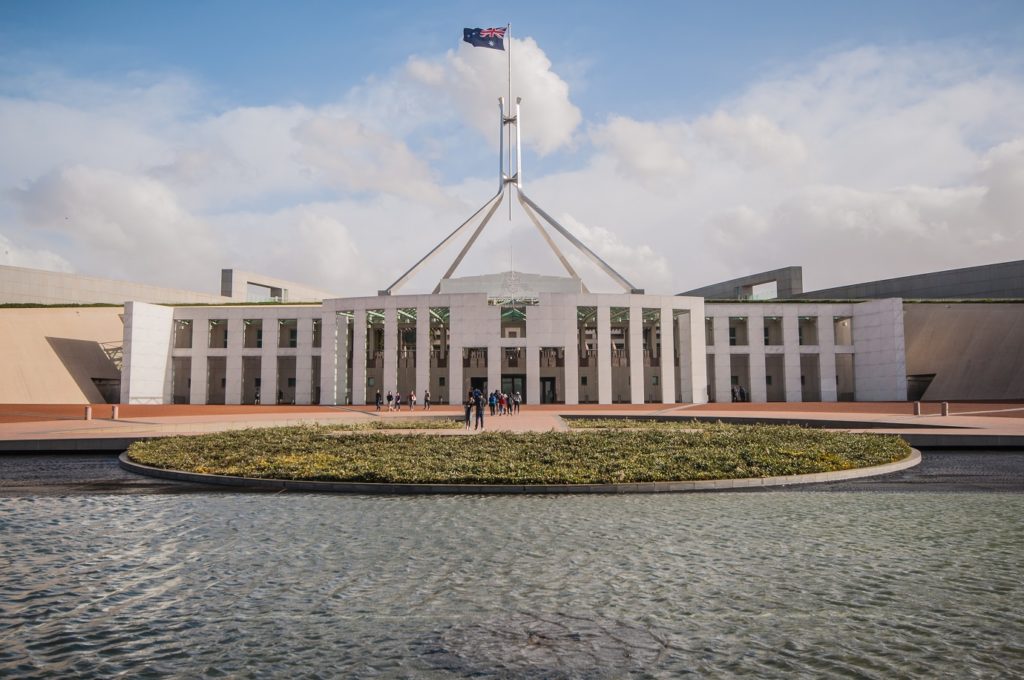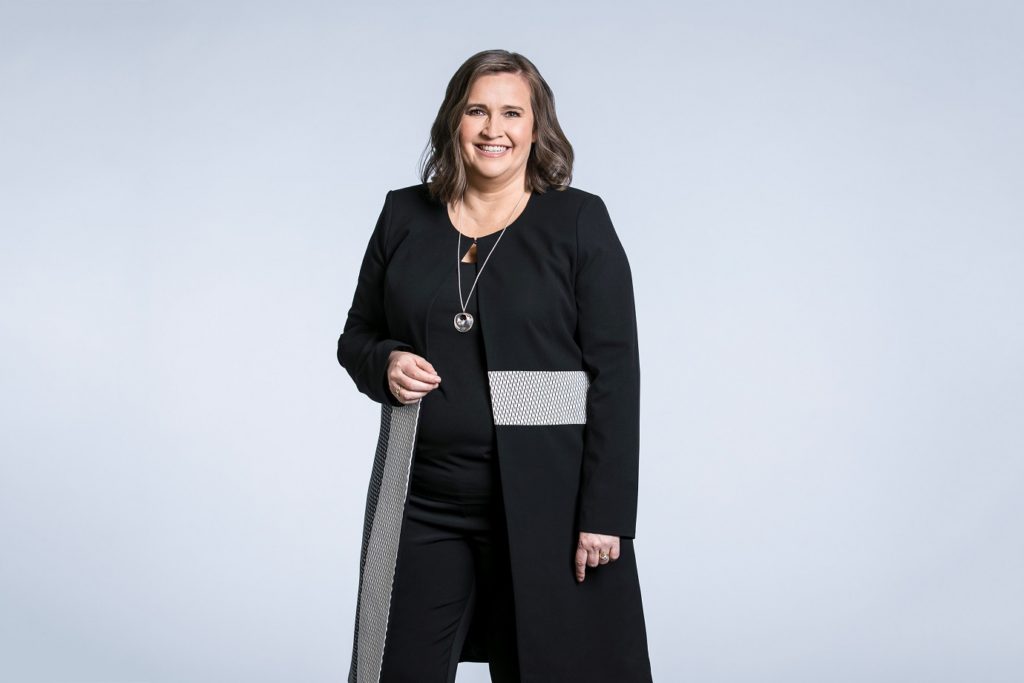One in three people working in a federal parliamentary workplace have experienced sexual harassment, according to a new report tabled in parliament on Tuesday.
The report, titled Set the Standard, was authored by Sex Discrimination Commissioner Kate Jenkins, and is the culmination of a seven-month review of the workplace culture in federal parliament.
The review also found that more than half (51 per cent) of all people currently working in Commonwealth parliamentary workplaces – including parliament house and electorate offices – have experienced at least one incident of bullying, sexual harassment or actual or attempted sexual assault.
Kate Jenkins was asked to undertake the review in March this year by the Prime Minister, after Brittany Higgins went public with an allegation that she was raped by a colleague inside parliament house in 2019.
The report indicates that women working in commonwealth parliamentary workplaces have experienced sexual harassment at a higher rate (40 per cent) compared with men (26 per cent). Women also experience bullying at a higher rate (42 per cent) compared to men (32 per cent).
People who identify as LGBTIQ+ experienced sexual harassment at a higher rate than those who identify as heterosexual.
When it comes to parliamentarians themselves, 63 per cent of female parliamentarians reported they have experienced sexual harassment, compared to 24 per cent of male parliamentarians.
Jenkins’ report makes 28 recommendations to the government that are designed to bring parliament into line with the standards expected of all workplaces in Australia. Some key recommendations include:
- Specific actions to achieve gender balance among MPs and staff
- Specific actions to increase representation of First Nations people, people with disability, LGBTIQ+ people and people from CALD backgrounds
- Public reporting of progress on these specific actions
- Two new codes of conduct, one for parliamentarians and one for staff
- The establishment of an Independent Parliamentary Standards Commission
- New alcohol policies
- Expand the Parliamentary Workplace Support Service
- A review of the parliamentary sitting calendar with a view to enhance wellbeing
- Develop and deliver mandatory best practice training for parliamentarians and staff, focusing on respectful workplace behaviour
- Review of physical infrastructure to ensure accessibility and inclusion
“Over half (51%) of all people currently in Commonwealth parliamentary workplaces (CPWs) have experienced at least one incident of bullying, sexual harassment or actual or attempted sexual assault in a CPW. That is unacceptably high,” Jenkins said.
“A lack of clear standards of conduct, limited accountability and power imbalances, combine with the high intensity, high stakes nature of the work, the pursuit of political power and advantage, the frequent blurring of personal and professional life and the intense loyalty to political parties to create specific risk factors unique to this workplace.”

There were more than 1700 individual contributions to the review, via interviews, submissions and survey responses and it provides a comprehensive understanding of the culture within parliamentary workplaces at the Commonwealth level.
“By acting on this Report this Parliament has the unique chance to leave an historic legacy for future generations of people working in the Parliament and, through them, for all Australians,” the report states.
Jenkins said the review shows that these workplaces are “not always safe environments for many people within them” and “the current systems and reward structures encourage, tolerate and enable misconduct”. She also said the processes currently in place are not equipped to prevent or address the consequences of that behaviour.
“There is a stark contrast between the complexity and gravity of the work being done in parliamentary offices and the lack of sophisticated workplace structures and practices to support this work,” Jenkins said.
“This can and should change.”
If you or someone you know is impacted by sexual assault, call 1800RESPECT on 1800 737 732 or visit 1800RESPECT.org.au. In an emergency, call 000.


